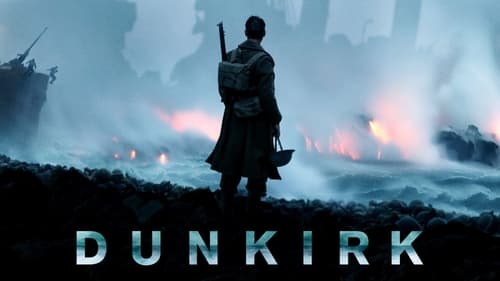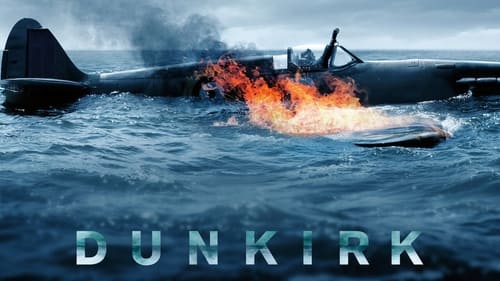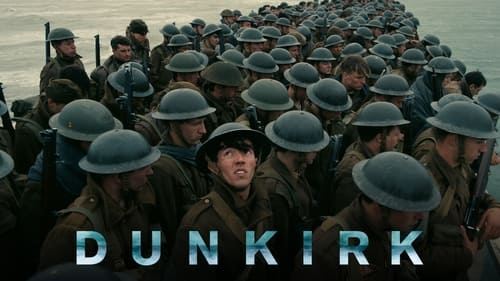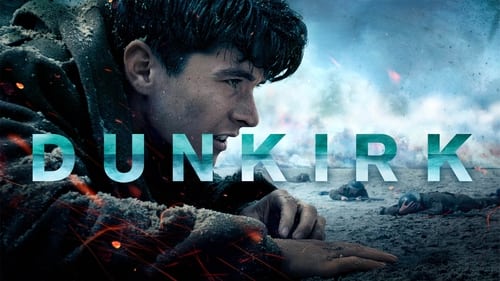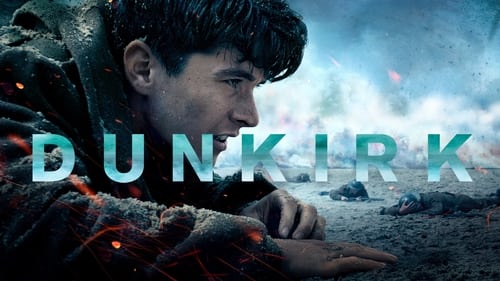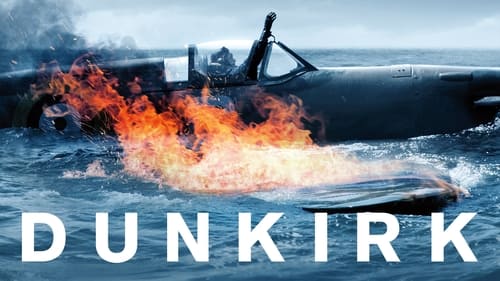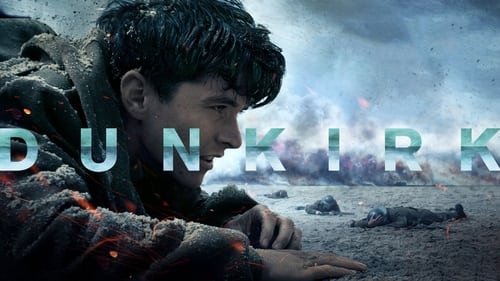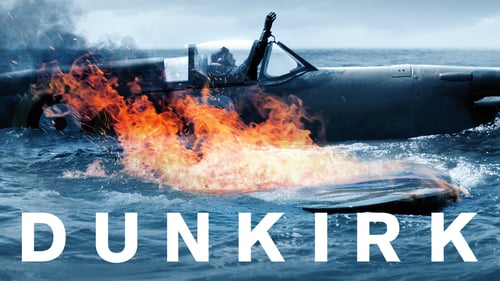dosarf
I am somewhat surprised to see how many people gave low ratings to this move lately, on grounds of it being "devoid of emotion", "lack of compelling characters", or just "plain boring".I guess one reason why this movie is divisive is the fact that we may have been house-trained by the good old simplistic good vs evil story lines. (And I am not even an artsy movie lover, I tend to prefer my action blockbuster.)I suspect another reason is if people were not entirely clear on the importance of the Dunkirk evacuation (Operation Dynamo) - and yes, this movie sort of failed to give that context. I warmly recommend watching Darkest Hour (2017) first, an entirely watchable movie itself with its 7.4 ratings and Gary Oldman superbly portraying Winston Churchill. I actually happened to watch it just before watching Dunkirk, and it may have put me into a receptive state of mind. I would go as far as to say that these two movies from 2017 are twin movies, best to be enjoyed together.(So the significance of the Dunkirk evacuation, if I didn't get it all wrong, please bear with me, is that it salvaged "whole root and core and brain of the British Army, on which [..] we [..] are to build, the great British Armies in the later years of the war" - Churchill. Without his army Churchill might have been forced to ask for terms, perhaps even by his own war cabinet. Without her army, Britain would have been open for a Nazi invasion. And without the defiant British Isles, Continental Europe would have suffered horribly, for a very long time probably. "Hitler knows that he will have to break us in this Island or lose the war. If we can stand up to him, all Europe may be free [..]. But if we fail, then the whole world [..] will sink into the abyss of a new Dark Age" - again Churchill.)As a person from Continental Europe, I certainly think that the events of Dunkirk are important enough to be told and re-told. Except these particular events do not lend themselves to conventional story telling.First of all, Allied forces were soundly beaten. The 338 thousand troops evacuated did not achieve military (or naval) victory in any sense, they merely escaped, leaving tens of thousands of prisoners and immense quantities of materiel behind. At a first look, the Nazi propaganda seems to have been right to present it to the German public as overwhelming and decisive German victory. Even though Churchill was much relieved to have them troops back, he was also quick to point out that "wars are not won by evacuations".So my first point is that no amount of artistic liberty can, or should put a spin of a victory on this tale, not in the usual sense.My other point is that the topic of this movie cannot even be connected to a single person (or even a well-defined team of persons). The movie is about "Dunkirk Spirit" - I just learned about this term myself, go look it up. It is, by definition, not something one person had, it's something the British people had, at least enough of them, therefore it can only be understood by listening to fragmented personal reports. The makers of this movie set out to show hope for humankind, to show how a number of individuals, mostly insignificant by themselves, made the evacuation possible by choosing to go the extra mile, even though not one of them could ever be blamed afterwards for taking the safer and saner path.So this story is neither about a (clear) victory, nor about a single person (or group of persons), so there goes the usual single good vs evil story line.If one expects a heroic tale of the troops themselves, and most war movies do tend to focus on fighting troops, then I can see how one feels sorely let down by this movie. Perhaps it's the tagline, with the temporal clause "When 400,000 men couldn't get home ..." preceding the main clause "... home came for them" that somehow misdirects the emphasis. Or perhaps it's the poster showing one of the troops, instead of showing the "little boats" that came for the rescue. The wrong exposition can build up the wrong expectations. I thought the fragmented nature and the editing made it clear enough.Anyway, this movie shook me to my very core: the point it makes with its courageous non-linear structure and its story line unattached to a single person was not only invigorating, it felt somehow right, it seemed the only right way to tell this story. Its cinematography, acting and the soundtrack were all awesome. I didn't find myself bored, not for a second.The only reason I won't score this movie 10 is that it forced me to go on about WWII here. I wonder if that historical context, the importance of the evacuation could have been made more clear. Still a masterpiece, 9/10.
jbuysell
It's Forrest Gump goes to war, with a constant instrumental "drumbeat" substituting for a musical score. Uses "expired film" color either for a vintage look, or to increase the feeling of stress. The lead characters seem to be involved in everything that happened at Dunkirk, selflessly rescuing dozens while being rejected by others. There is no telling of strategy or options, it merely shows a continual tableau of sympathetic characters in constant peril. Seeing someone almost certainly drowning may be a heart wrenching scene, but when the whole movie is nothing but, it gets dull. I stopped watching with 25 minutes to go.










